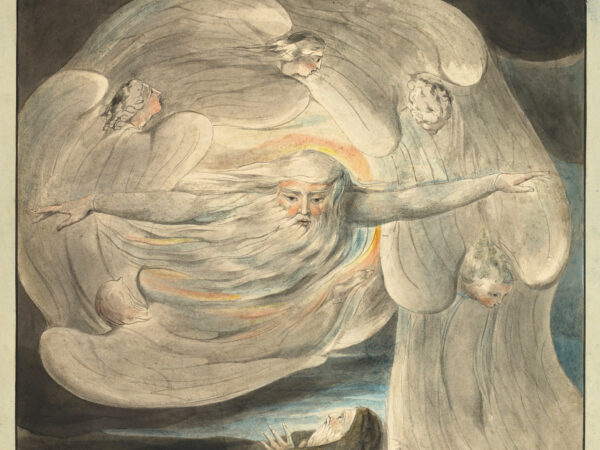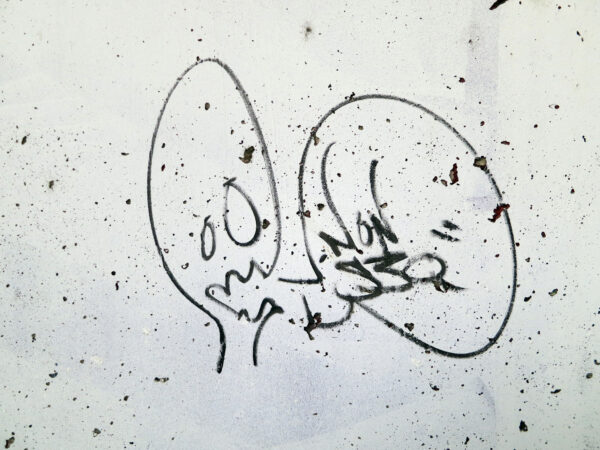
Compost is a living,breathing site of transformation from death to new life. While the following insights from liberation theology may not be articulated in the same way today or fifty years hence, their molecular substructures live on in their fertilization of theological re-visionings that are born of struggle and affirm the liberating primacy of life, love, and solidarity.

Liberation, caught between queer nihilism and eschatological certainty, must seek an third way beyond the binary of hopefulness and hopelessness through the negation of both. It must transpose itself into an apophatic register as the experience of continual failure, an uncertain endless becoming, that might be called simple hope.

Access to the sacrament of the Eucharist has been weaponized against all those the church deems unworthy, immoral, or in sin. The sacrament that was meant to be a way of knowing and encountering the risen Christ through breaking and sharing of bread has been made into its opposite.








